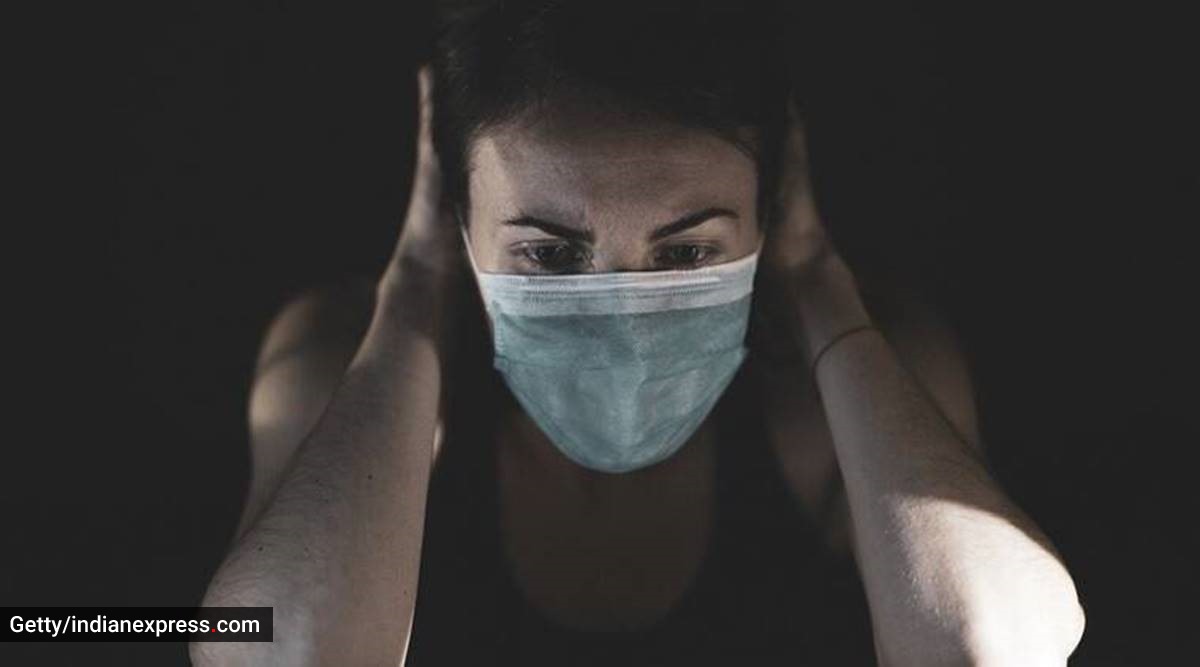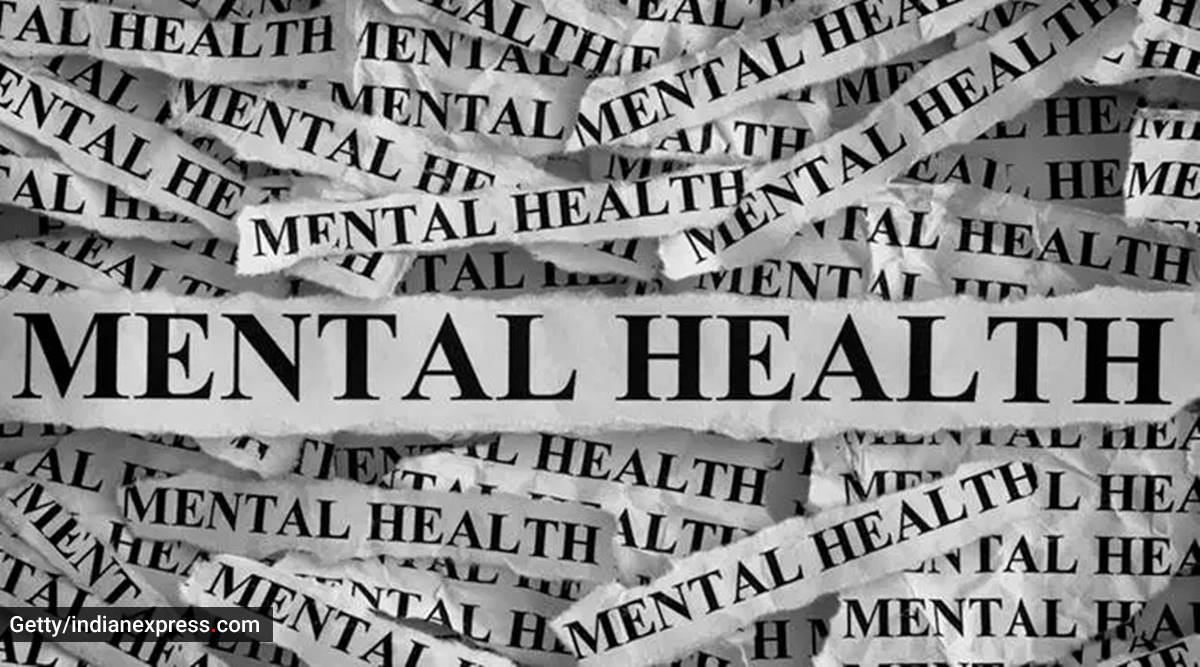Good mental health is essential for holistic well-being from the people. Mental illnesses contribute 18.5 percent of the global burden of disease, including depression, anxiety, schizophrenia and neuropsychiatric disorders. India shares a disproportionate component of this burden with 56 million cases of depression, 43 million anxiety disorders in addition to the world’s highest rate of suicides claiming nearly 700 lives every day. Suicide is the leading cause of death in the age group 15-39. Most suicides are attributed to domestic violence and abuse, unemployment, family disputes, exam pressure, financial difficulties, and chronic illness.
This multidimensional social unrest is preventable. Poor mental health cripples communities and societies and erodes the nation’s productivity in addition to imposing huge economic costs. According to the WHO, India is likely to suffer an economic loss of $1.03 trillion between 2012 and 2030. Mental health it is rooted in stigma, behavioral complexes and discrimination within the community and reinforces the vicious cycle of disempowerment, social exclusion and coercion.
While poverty, deprivation, job insecurity and social inequalities are important determinants, there are barriers such as lack of access to mental health care, the challenges of delivery in the primary health care setting, the lack of a mental health perspective in public health leadership, the severe shortage of trained professionals, and the lack of adequate funding. The picture has turned bleak over the years, in large part because there is a lack of appreciation of the important interaction between mental health and the diversity of other health disorders. The National Mental Health Survey has identified large treatment gaps of 28% to 83% across the spectrum of mental disorders, in addition to correspondingly higher illnesses and suicides among women.

Developed countries allocate between 5 and 18 percent of their annual health care budget, while India allocates about 0.05 percent. We need to build more inclusive and resilient health systems that incorporate social protection, access to affordable and quality care based on human rights and with a psychosocial approach instead of following the traditional biomedical paradigm. We need to improve physical infrastructure and strengthen human resources by training more mental health professionals and skilled health workers.
Currently, according to the WHO, for every 100,000 inhabitants, India has 0.3 psychiatrists, 0.12 nurses, 0.07 psychologists and 0.07 health workers. This reflects an alarming shortage of human resources and the compelling need to increase investment to take care of the problem. Although the Mental Health Act of 2017 has given patients the legal rights to a dignified life without discrimination, coercion or harassment, the effort in this segment is too dispersed and lacks focus and coordination. Promoting awareness through campaigns, using celebrities and social influencers, raising awareness of elected representatives at all levels, making the work environment more conducive, mobilizing support from NGOs, greater involvement of communities and local governments, improving advocacy and galvanizing multisectoral coordination are some of the measures that could improve results.
The The pandemic has had a devastating impact on mental health with a 22 percent increase in cases due to persistent fear, anxiety, isolation, bereavement over loss of life, decreased income, and service delivery disruptions and closures. Society has a fundamental role to play in achieving a paradigm shift. To overcome the shortcomings of experts in the field, low-cost interventions, such as the establishment of centers for stigmatization, rehabilitation and counseling, can be therapeutic. expansion of yoga and meditation centers would also provide enormous relief. Their capacities can be developed by civil society in collaboration with community organizations, but these initiatives have to be strongly supported by the Government.
It is crucial to deconstruct persistent stigma, through targeted awareness raising and outreach. The ultimate goal must be to replace the institutional system with a community-based and recovery model that promotes social inclusion and offers rights-based treatment and psychosocial support options.

While we need to have a national ‘Concerted Suicide Prevention Strategy’, efforts should be made to introduce reforms such as the provision of complementary examinations and the repeal of Section 309 of the IPC to decriminalize suicide. A study in Tamil Nadu found that suicide rates were significantly reduced by screening tests. The Government deserves credit for improving 2022 budget allocation for Mental Health and its initiative to establish Tele-Mental Health Centers for lesser illnesses. The government must prioritize to ensure that the most vulnerable groups are well served. More than 14 percent of the Indian population is overwhelmed by mental health crisiswhose manifestation can trigger an enormous burden of collateral diseases in other segments of the health sector.
Pragmatic government policies based on empirical evidence, strong political will, social inclusion, mental health literacy, dynamic media, and a responsive business sector, coupled with innovative technologies and crowdsourcing could mitigate this apathy. The synergy of all stakeholders is a prerequisite for success. If we do not act on a war footing, it would be at our peril.
(The author is president of Policymakers’ Forums for Mental Health & Global Coalition Against TB.)
This piece is in association with ETI Services.
📣 For more lifestyle news, follow us on Instagram | Twitter | Facebook And don’t miss the latest updates!
!function(f,b,e,v,n,t,s)
{if(f.fbq)return;n=f.fbq=function(){n.callMethod?
n.callMethod.apply(n,arguments):n.queue.push(arguments)};
if(!f._fbq)f._fbq=n;n.push=n;n.loaded=!0;n.version=’2.0′;
n.queue=[];t=b.createElement(e);t.async=!0;
t.src=v;s=b.getElementsByTagName(e)[0];
s.parentNode.insertBefore(t,s)}(window, document,’script’,
‘https://connect.facebook.net/en_US/fbevents.js’);
fbq(‘init’, ‘444470064056909’);
fbq(‘track’, ‘PageView’);
.
